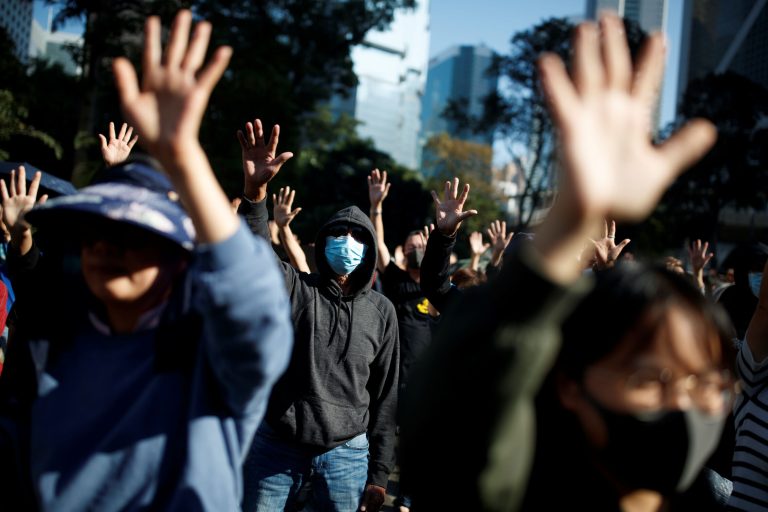China is currently grappling with a power crunch due to a coal shortage and administrative push to limit electricity use to comply with Beijing’s carbon emission targets. Local governments in many regions have asked businesses to limit electricity consumption or even shut down operations on specific days.
Foreign businesses operating in the country are now becoming wary of their futures, with some even considering investing in factories in other countries. The power cuts have affected export hubs like the province of Guangdong, which accounted for roughly 23 percent of China’s exports this year until August.
“Companies rely on policy stability and predictability… They need advanced notice for disruptions to power supply to ensure safety and business continuity,” Matt Margulies, vice president for China operations at the U.S.-China Business Council, said to CNBC. “They also need to be consulted with to find nuanced solutions that meet the needs of all stakeholders. A one-size-fits-all approach will be disruptive, increase costs, and hurts confidence in the market,” he said.
Johan Annell, the partner at consulting company Asia Perspective that works with European firms operating in Asia, stated that some firms were “on the fence” about investing in China and have paused their plans for now.
Some businesses are considering shifting investments into Southeast Asian nations like Vietnam. The bigger the uncertainty regarding the power crunch, the longer these businesses might hesitate. Annell believes that the current situation in China could last for the next two quarters.
Success
You are now signed up for our newsletter
Success
Check your email to complete sign up
In an interview with SCMP, Ker Gibbs, president of the American Chamber of Commerce (AmCham) in Shanghai, said that the power rationing measures have resulted in many lost business opportunities, wasted raw materials, and canceled orders. AmCham represents around 1,200 companies.
Gibbs complained that some businesses are being asked to shut down temporarily, and are only given a notice period of one or two hours. Such abrupt closures not only cause safety issues, but also damage equipment. The organization is seeking more advanced notice from authorities so that its members can manage their power situation better.
“What’s happening now is negotiations on how to deal with it – cutting production back during certain peak times, shifting to different shifts or alternating work days… It’s kind of like getting back to the bad old days when there was really a systemic lack of [power generation] capacity before 2010,” said Gibbs.
European businesses are also worried about China’s energy disruptions, which create an immediate risk to some sectors, such as the pharmaceutical and chemical industries. Some fear that the situation will worsen once winter arrives. The EU Chamber of Commerce has pointed out that alternative energy systems of power generation, which include solar and wind energy, are unstable and incapable of competing with coal-based and hydropower plants in terms of stability.
As the power crisis looms, the Chinese regime is seeking to attract more foreign capital into the country. However, the government is being selective in the kinds of foreign investments it allows.
According to Adam Dunnett, secretary-general at the EU Chamber of Commerce in China, foreign businesses now have to show Beijing that they have something the Chinese regime requires. Moreover, the foreign business should not be a competitor to Beijing’s needs and interests.














